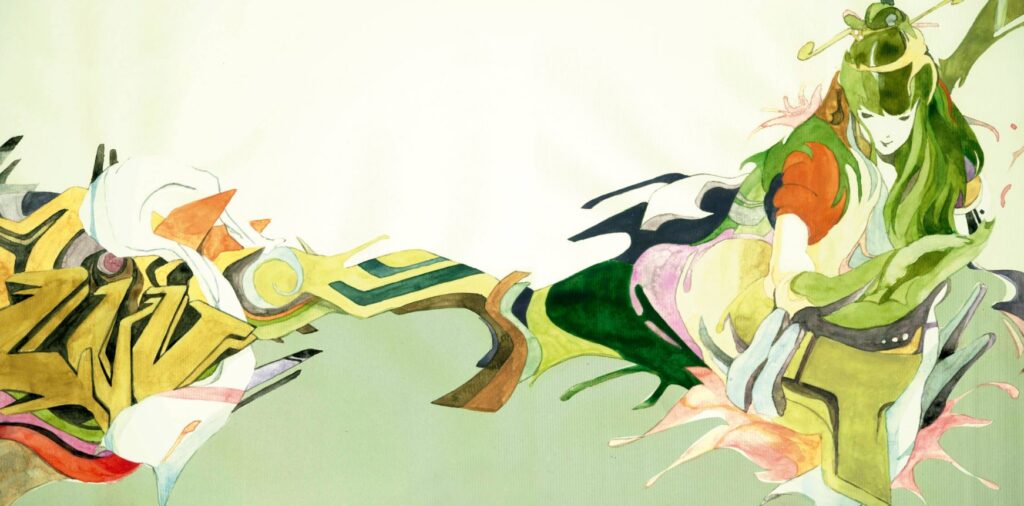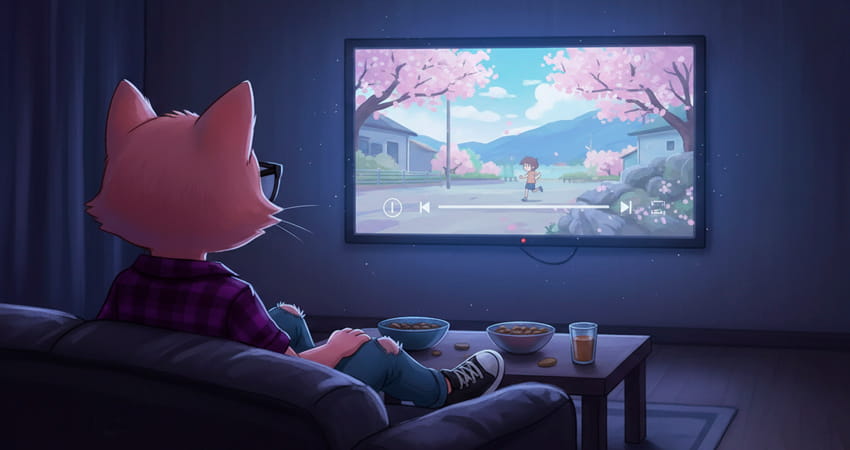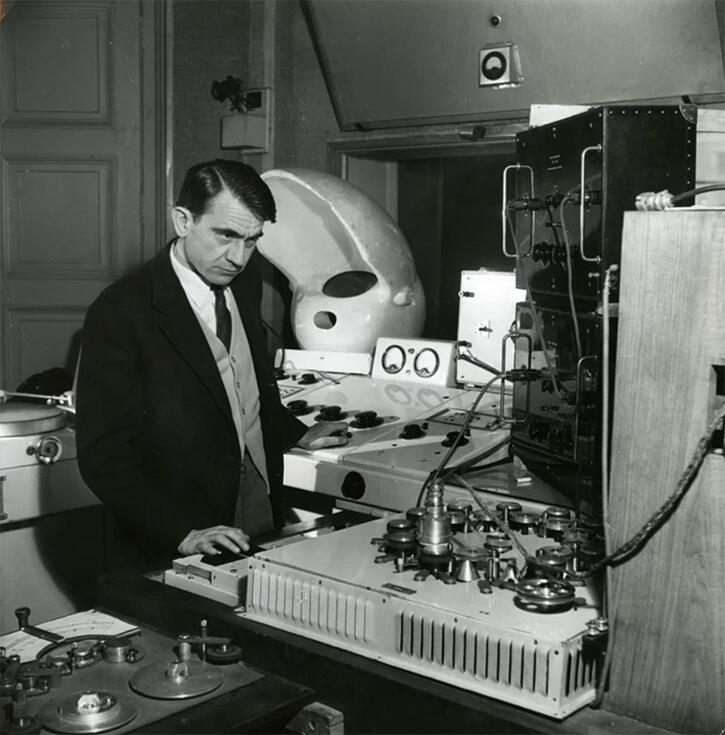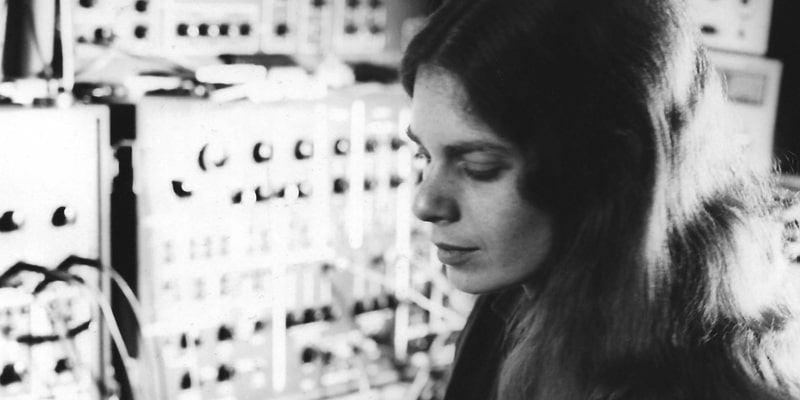This is truly a captivating journey into the world of words left to us by Nujabes in the track “Luv(sic)”. When you immerse yourself in these lines, you feel that this is not just lyrics, but a profound philosophical essay wrapped in rhythm and melody. The main message here seems to be the search for the true essence of Love (L.O.V.E.) as a catalyst for spiritual and personal liberation.
Let’s unpack this text as if it were journal entries on how music can change a life.
The Melody as the Heart’s Language
Let’s start with the core of this track: the idea that music is the perfect language for expressing the deepest emotions. The author repeatedly emphasizes this magical formula: “Cause the beat plus the melody / Makes me speak of L.O.V.E. eloquently so evidently.“
This is not just a love song; it’s a metaphor for the very process of creativity and communication. The lyrical hero seems to have searched for words for a very long time — they “have waited for way too long” — but it is the connection of rhythm and melody that gives him the “opportunity for me to find a voice.” This suggests that true love and art are inseparable, and their union allows him to “Breathe life into dead space blow away your clouds of doubt.“
Furthermore, this feeling is deeply personal, as the hero directly states: “I mean that from my heart ’cause you make me feel good as a person.“
A New Theory of Relativity and the Soul’s Liberation
A true philosophical secret, related to the understanding of reality, is hidden in these words. The hero speaks of developing a “new theory of relativity” aimed at “Connecting our souls resting in captivity.”
The liberation of the soul is a key theme. Love acts here as the chemistry that brings freedom: “See ain’t no mystery, the colors that we mix will set the mind free / Let the blind see beyond harmony!“
Reality, according to the author, is “sitting on the shoulders of our chemistry.” This hints that a true, positive connection between people is the foundation of how we perceive the world. This requires “Positive life sacrifice.”
The lyrical hero reflects on a difficult past—perhaps a time when he was living in “purgatory,” enduring “low wages, small tips on the avenue.” But he realizes that the lives we lead can be eased if we “learn to let go, the reins that we hold / Return to our souls, and the spirit let flow.” This is an important message for the listener: true grace and peace come through giving up excessive control and returning to one’s spiritual self.
The Stage of Life and the Queen of Hearts
The image of the muse as a partner is revealed very touchingly. This person is his “ace” and the “queen of hearts.” The hero uses the metaphors of performance and game to describe his life and relationship: “I was the joker on the stage singing the blues / All eyes on me and had nothing to prove.“
This feeling that life is a performance is intensified when he suspects he is “an actor in a well-scripted live divine comedy.” But it is the presence of his loved one, quietly watching from the balcony, that reveals a deeper understanding to him: he thought he knew what a “diamond shine like,” but he felt a “sharper love in the limelight.”
This song becomes a letter, the “motivation” written for his muse to know that the music “helps carry on.”
Conclusion: Not Just Memories, But a Promise
The lyrics of “Luv(sic)” are not just a recollection of the “little episodes that we shared together,” but a manifesto of faith in a future that comes through the synergy of two elements (his beat and her melody).
Even after all the metaphors, the message remains simple and hopeful: “a new day will bring us tomorrow.” It is a friendly reminder that when you find your “beat” (your purpose, your voice) and it combines with someone’s “melody” (their support, their essence), you gain the eloquent expression of L.O.V.E. and the strength to move forward.
If you try to imagine this philosophical message, it resembles an orchestra. You might be a virtuosic performer on a single violin (your “beat” or individuality), but only when you merge with the harmony of other instruments (her “melody” or influence) do you create that pure sound wave that is capable of “travel[ing] semi-infinitely” and launching your thoughts beyond the atmosphere.
P.S. Want to uncover the profound meaning behind Dimmi & Zeeba’s soulful hit “Found U”? Click through for a comprehensive lyrical analysis that decodes this powerful song of salvation and discovery.






